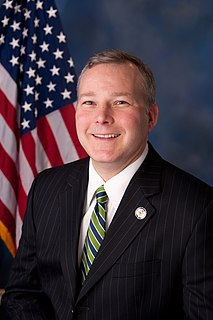A Quote by Yami Gautam
It's a coincidence that most of the films I have done are to do with social causes.
Related Quotes
The debate on healthcare was not done like most of our conferences are done - meaning it was not all on television. There was this procedural feeling that the bill wasn't done thoroughly and didn't reflect peoples' wishes. It's not coincidence that upwards of 60 percent of folks in my district are against it.
So it's a coincidence. Just like you said. Two rich parents with two rich kids at the same school. They're both killed in accidents. Why are you so interested?" "Because I don't like coincidence," Blunt replied. "In fact, I don't believe in coincidence. Where some people see coincidence, I see conspiracy. That's my job.
People are entirely too disbelieving of coincidence. They are far too ready to dismiss it and to build arcane structures of extremely rickety substance in order to avoid it. I, on the other hand, see coincidence everywhere as an inevitable consequence of the laws of probability, according to which having no unusual coincidence is far more unusual than any coincidence could possibly be.
Since the fabric of the universe is most perfect and the work of a most wise Creator, nothing at all takes place in the universe in which some rule of maximum or minimum does not appear ... there is absolutely no doubt that every affect in the universe can be explained satisfactorily from final causes, by the aid of the method of maxima and minima, as it can be from the effective causes themselves ... Of course, when the effective causes are too obscure, but the final causes are readily ascertained, the problem is commonly solved by the indirect method.
I don't think it's a coincidence that 'The War Room' and 'A Perfect Candidate' are films that have been consistently shown and available for rental for 20 years. These are films that are more about the moment in which they were filmed: they also have a great deal to say about larger issues about who we are as a country.
Altruism is one of the most fundamentally social impulses, and doing things for others without expecting anything in return is core to what makes us human. This is why, from the day Facebook Platform launched in 2007, Causes has been honored to be one of the most popular applications, with over 140 million users.




































